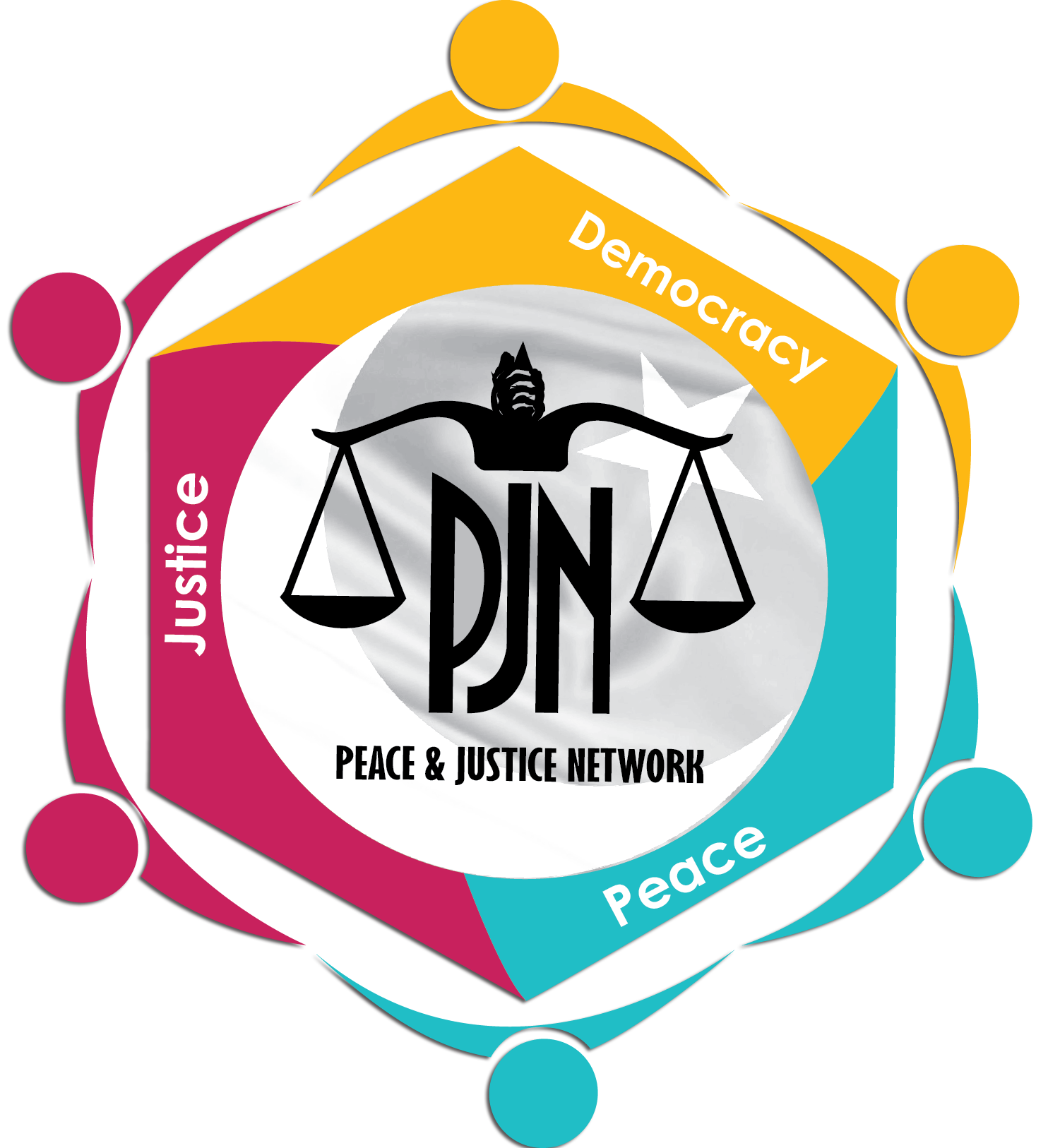

International Day for Judicial Well-being: A Global Call for Action (4 Mar, 2025)
Pakistan Ranks 129 out of 142 in the World Justice Project Rule of Law Index (26 Oct, 2024)
2024 Trafficking in Persons Report: Pakistan (24 June, 2024)
Pakistan ranks second-last in WEF Global Gender Gap Report 2024 (7 Mar, 2025)
Protecting democratic ideals by Tariq Khosa (Former IG Police)

Thu, October 30, 2025
THE modern authoritarian threat reminds one of an old saying attributed to Mark Twain: “Everyone talks about the weather, but nobody does anything about it.” However, Yale history professor Timothy Snyder raised a voice of warning in his 2017 book On Tyranny: 20 Lessons from the 20th Century.
One can pay heed to Snyder’s opening words: “History does not repeat, but it does instruct.” He writes that in a democratic republic based on the law and a system of checks and balances, America’s “founding fathers sought to avoid the evil that they … called tyranny”. Snyder reminds us of 20th-century European history wherein “societies can break, democracies can fall, ethics can collapse, and ordinary men can find themselves standing over death pits with guns in their hands”. To understand the sources of tyranny, Snyder presents 20 lessons from the 20th century relating to the present circumstances.
Lesson 1: “Anticipatory obedience is a political tragedy.” The principle of conformity prevails. The advice is: “Do not obey in advance.” Power hungry rulers become ruthless and reckless.
Lesson 2: “Defend institutions. It is institutions that help us to preserve decency.” The autocrats ensure all major institutions are humbled.
‘History does not repeat, but it does instruct,’ says history professor Timothy Snyder.
Lesson 3: “Beware the one-party state.” Support the multiparty system and ensure the legitimacy of democratic elections. The system collapses when a single party seizes power. While “eternal vigilance is the price of liberty”, another proverb holds that “where annual elections end, tyranny begins.”
Lesson 4: “The world reacts to what you do.” In everyday politics, “our words and gestures, or their absence, count very much”.
Lesson 5: “Remember professional ethics.” When a negative example is set by political leaders, “professional commitments to just practice become more important.” Meaning, “there would be no such thing as ‘just following orders’”.
Lesson 6: “Be wary of paramilitaries.” He warns against the intermingling of “the pro-leader paramilitary and the official police and military”. Only if the government can legitimately use force, and this use is constrained by law, can the authoritarian tendency be shackled. Unfortunately, as he notes, those who wish to weaken democracy and the rule of law set up and finance violent groups that also do politics. Armed groups sabotage political order, violate the laws and end up unravelling the state.
Lesson 7: If public duties mandate the carrying of a weapon, be prepared to refuse to take irregular action. Unless they have the help of the regular police force, even soldiers, autocrats cannot unleash a reign of persecution. The policemen may not be the main perpetrators, but they provide “indispensable manpower.”
Lesson 8: “Stand out. … It is easy to follow along.” Without breaking the spell of the status quo, and without setting an example, “there is no freedom.”
Lesson 9: “Make an effort to separate yourself from the internet. Read books.” Snyder mentions texts that he has used to build up his own opinions. These include The Origins of Totalitarianism by Hannah Arendt, The Rebel by Albert Camus, and The Power of the Powerless by Václav Havel, among others.
Lesson 10: “Believe in truth … You submit to tyranny when you renounce the difference between what you want to hear and what is actually the case,” says Snyder, adding how the fascists hated truth.
Lesson 11: “Investigate,” says Snyder. And “take responsibility for what you communicate with others.” Tyrants do not like investigators. “If the main pillar of the system is living a lie, then it is not surprising that the fundamental threat to it is living in truth,” wrote Havel.
Lesson 12: “Be a responsible member of society,” he advises. “In the most dangerous of times, those who escape and survive generally know people whom they can trust. Having old friends is the politics of last resort. And making new ones is the first step towards change.”
Lesson 13: “Practise corporeal politics … Get outside … nothing is real that does not end on the streets … We are free only when it is we ourselves who draw the line between when we are seen and when we are not seen.”
Lesson 14: “Establish a private life. Nastier rulers will use what they know about you to push you around …Tyrants seek the hook on which to hang you. Try not to have hooks.” The deep state “can pierce your privacy” and “humiliate you”. Tyrants, oligarchs and spooks are least “concerned with human rights”.
Lesson 15: “Contribute to good causes.” Civil society should safeguard freedom of expression and liberty.
Lesson 16: “Learn from peers in other countries.”
Lesson 17: “Listen for dangerous words. Be alert to the use of the words extremism and terrorism … People who assure you that you can only gain security at the price of liberty usually want to deny you both.”
Lesson 18: “Modern tyranny is terror management.” He mentions how “spectacular acts of terror” ignited the “politics of emergency”. Snyder cautions: “When the terrorist attack comes, remember that authoritarians exploit such events in order to consolidate power. The sudden disaster that requires the end of checks and balances, the dissolution of opposition parties, the suspension of freedom of expression, the right to a fair trial … is the oldest trick in the Hitlerian book. Do not fall for it.”
Lesson 19: “Be a patriot” and don’t attempt “to end democracy”.
Lesson 20: Be courageous. “If none of us is prepared to die for freedom, then all of us will die under tyranny.”
“The time is out of joint. O cursed spite, /That ever I was born to set it right!” Hamlet cried, and yet concluded: “Nay, come, let’s go together.”
The writer is a former inspector-general of police.
Published in Dawn, October 29th, 2025
Copyright © 2026 pjn.org.pk








